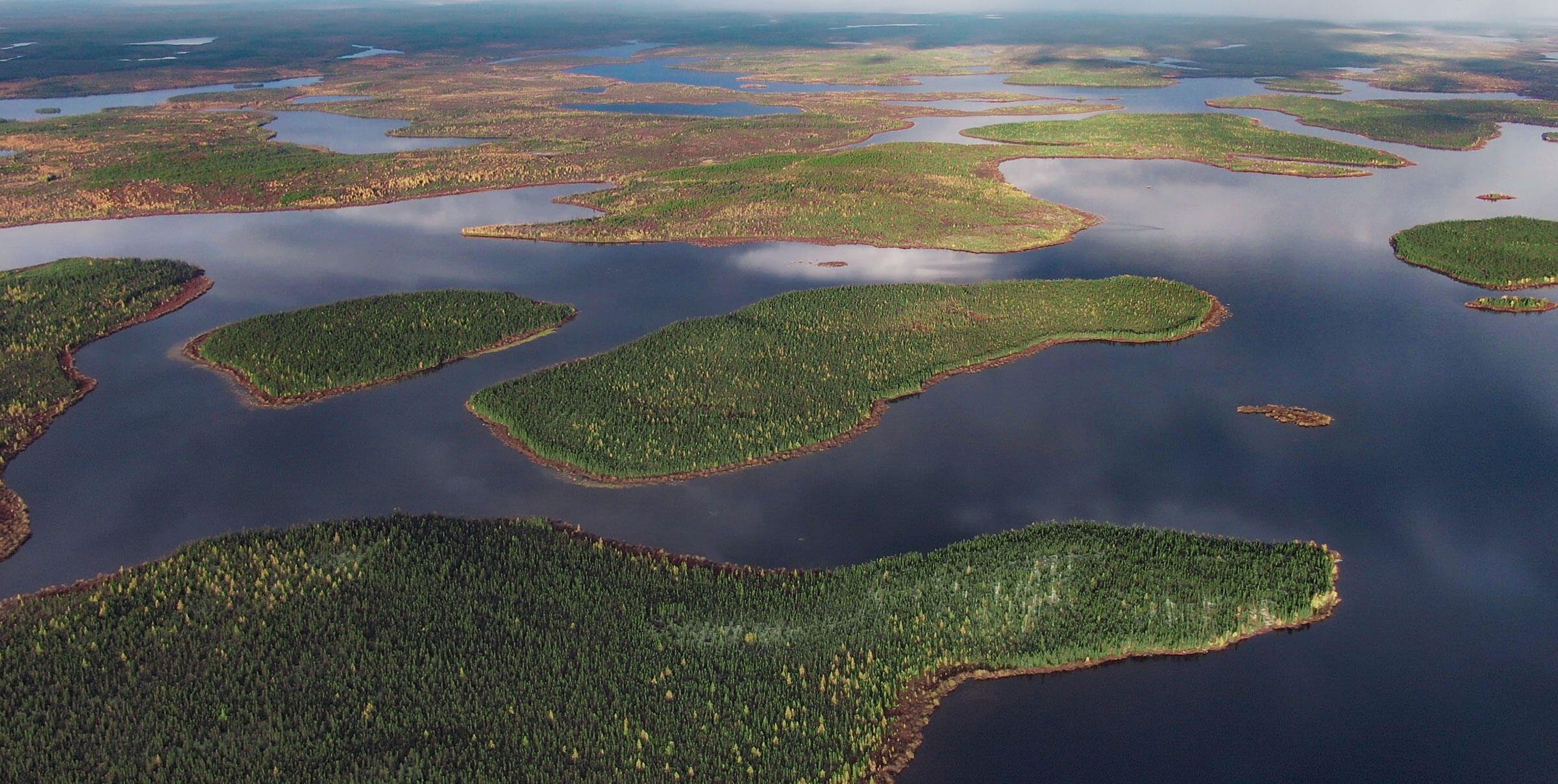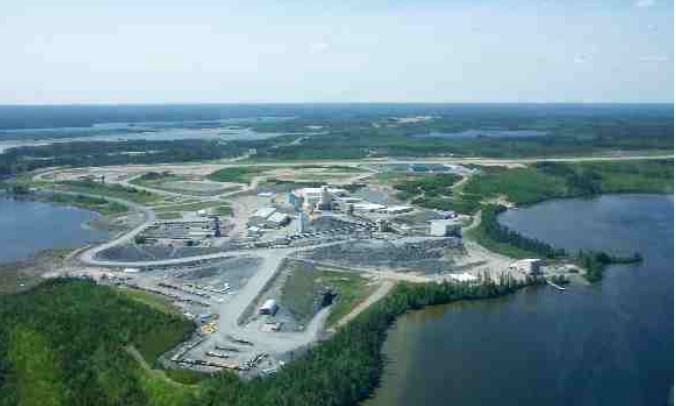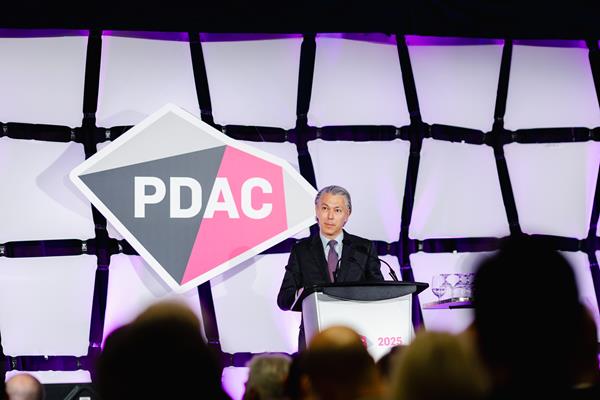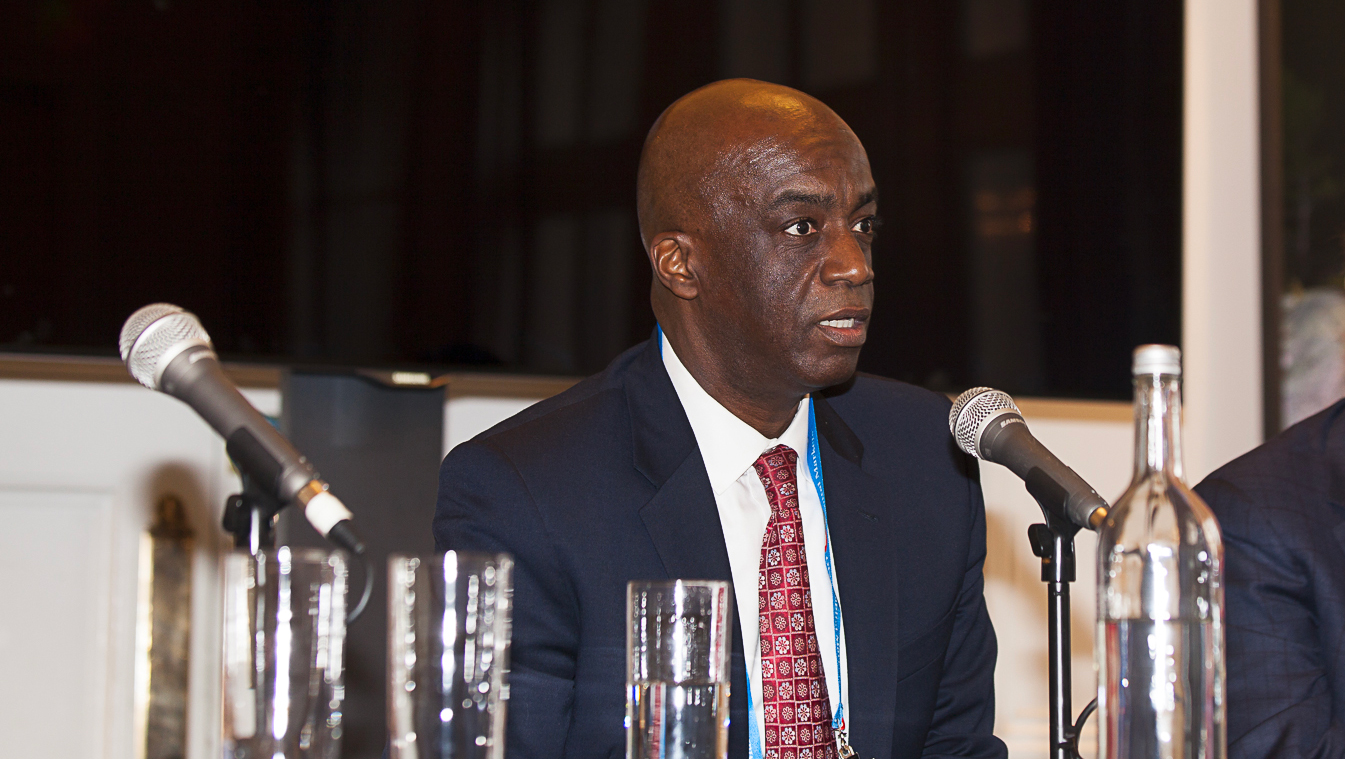The Canadian Mineral Industry Federation (CMIF) presented its strengths and concerns to governments today at the 71st Energy and Mines Ministers Conference in Sudbury, ON. The Ontario Mining Association is a participant in CMIF, whose members represent the majority of companies engaged in mineral exploration, mining and processing in Canada.
At this gathering of the nation's mining industry leaders and politicians, CMIF reminded the high profile audience that the mineral sector contributed $53.6 billion to Canada's GDP in 2013, employed 388,000 Canadians in mineral extraction, processing and manufacturing and has paid $71 billion in taxes over the past decade.
"As one of the only private sector actors that invests to such a large extent in remote and northern areas, the mineral industry is a logical partner to promote economic growth," said the brief titled Searching for the Silver Lining. "Strategic investments in infrastructure would help unlock the resource potential of these regions, facilitating grassroots exploration and enhancing the economic viability of a host mining projects."
"Because mining is primarily a provincial responsibility legislatively, it is important for representatives from national, provincial and territorial industry groups to share their successes and their hurdles," said OMA President Chris Hodgson. "Representatives of CMIF meet several times a year to constructively share information and discuss common concerns."
The CMIF paper presented a number of suggested government actions, which would assist the industry in its ability to continue to provide benefits to the society and economy of Canada. "Despite anticipated volatility, healthy demand for mined materials is likely to persist over the long term," said the paper. "For Canada to seize the significant economic opportunities that the next upswing will present, the industry requires focused support from governments now to provide the right domestic investment, regulatory and operational environments to enable that future growth."
CMIF encouraged governments to support capital raising efforts, address regulatory uncertainty, maximize the land base available for mineral exploration and strengthen workforce capacity. It is estimated that capital expenditures of $160 billion will go into planned mining projects in Canada in the next five to 10 years.
Other positive government actions encouraged by CMIF included improving energy cost competitiveness, enhancing aboriginal relations through a better understanding of the Crown's duty to consult, boosting innovation capabilities, addressing declining reserves and strategically investing in infrastructure. Mining is the largest private sector employer of aboriginals across Canada and in Ontario.
"Minerals and metals help build the products and infrastructure essential to modern life. The mineral exploration and mining industry makes a significant annual contribution to the Canadian economy and its output is fundamental to the emergence of clean energy and other environmental technologies," said CMIF. "Enhanced effort and investment on the part of Canada's Mines Ministers would contribute significantly to this end."
The mines ministers conference is held annually in different locations across the country. Past gatherings have been held in every province and territory. Prior to the meeting this year in Sudbury, the previous time Ontario hosted the event was in 2000 in Toronto.
*Peter McBride is the manager of communications at the Ontario Mining Association. Write to him at pmcbride@oma.on.ca.





Comments